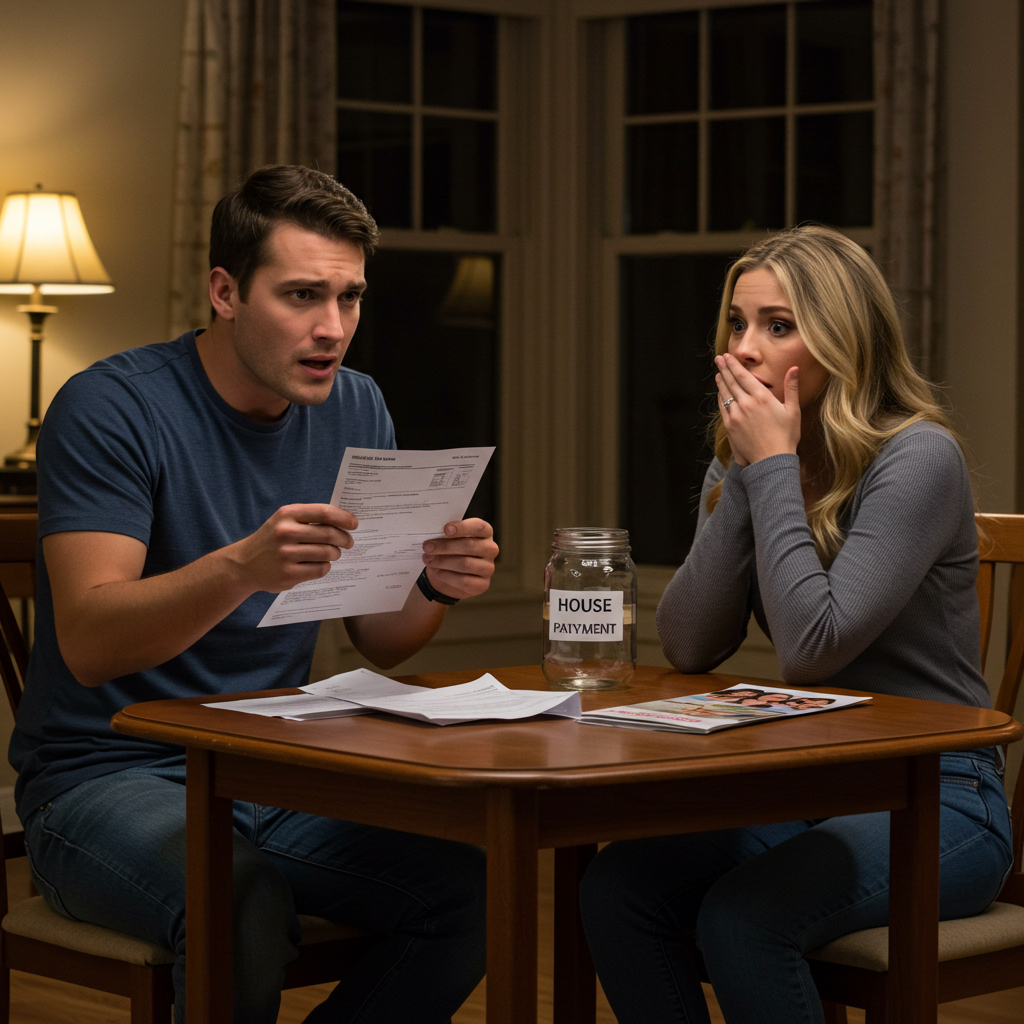AITAH for Refusing to Pay for My Fiancé’s Mom’s Medical Bills Even Though We’re Engaged?
When you blend lives with someone you love, it often means sharing dreams, plans, and sometimes financial responsibilities. But what happens when your partner expects you to shoulder costs that feel way beyond your commitment—like covering a parent’s medical bills? One Redditor on the r/AITAH community found themselves in exactly this bind. Here’s a closer look at their story, the moral questions it raises, and what the internet had to say.
The Situation: A Financial Bombshell Before the Wedding

The original poster (OP) explained that they’ve been engaged for about eight months. They have been together for three years and recently started planning their wedding. From the start, OP knew their fiancé came from a family with limited means, and they were willing to help when it made sense—chipping in for groceries, covering small emergencies, and sometimes paying utility bills.
But recently, OP’s future mother-in-law was diagnosed with a serious health issue requiring expensive treatments. The fiancé asked OP if they’d consider taking out a personal loan to cover the medical costs—about $20,000.
OP was shocked. They explained that while they empathize, they simply don’t feel comfortable taking on debt that isn’t directly related to their household, especially since they were already saving for the wedding and a down payment on a house.
The fiancé insisted that “we’re about to be family” and that helping his mom was part of the deal. When OP said no, the fiancé accused them of being selfish and claimed this decision showed they weren’t truly committed.
The Pressure and the Guilt: Love or Obligation?

Many readers could relate to OP’s struggle. When you care about someone, you naturally want to help—but is it fair to expect a partner to shoulder such a huge financial burden before marriage?
This is where love and obligation get tangled. The fiancé’s argument—that being engaged means shared financial responsibility—struck some readers as manipulative, especially since OP had never agreed to take on debts for the fiancé’s family.
Others pointed out that expecting one person to borrow $20,000 to pay for a future in-law’s care crosses a line, regardless of how much empathy you have.
When Generosity Becomes Self-Sacrifice

One of the most-discussed aspects of this situation was how easily generosity can turn into self-sacrifice. OP had already shown a willingness to help with smaller expenses, but this request was on a completely different scale.
Several commenters argued that while OP’s fiancé has every right to be worried about his mother, he doesn’t have the right to demand OP take on crippling debt. Healthy relationships depend on mutual respect and understanding, not pressure to prove loyalty through financial sacrifice.
The Cultural Context: Expectations Around Family Support

Some people chimed in to say cultural expectations could play a role. In many families and communities, supporting elders is seen as a duty. But even in those contexts, it’s still important for couples to be clear about what each partner can reasonably contribute—and what crosses into unsustainable territory.
OP didn’t share whether these expectations were cultural, but they did make it clear they felt the ask was too big and too sudden.
The Reddit Verdict: Not the Jerk

The consensus on r/AITAH was that OP was not the jerk. Here are a few reasons why:
-
You are not required to take out debt for someone else’s family, even if you’re engaged.
-
Saying no to a request that jeopardizes your financial security is responsible, not selfish.
-
Being pressured to prove your commitment through money is a major red flag.
-
It’s reasonable to set boundaries, especially before combining finances.
One commenter summed it up perfectly:
“Marriage is a partnership, but that doesn’t mean you inherit unlimited financial liability for your partner’s family. You are allowed to protect your future.”
How to Navigate Similar Situations

If you ever find yourself in a similar spot, consider these steps:
1. Clarify Expectations Early
Have honest conversations about money, debts, and family obligations before you get married or move in together. Surprises like this can erode trust.
2. Set Boundaries Kindly but Firmly
Saying “no” doesn’t mean you don’t care. It means you’re aware of your limits.
3. Offer Alternatives If You Can
If you want to help but can’t take on debt, you could assist in other ways—like helping find payment plans, fundraising, or applying for assistance programs.
4. Watch Out for Manipulation
Be wary of anyone who tries to shame you into a huge financial commitment by questioning your love or commitment.
What Can We Learn?

This story is a reminder that financial boundaries are just as important as emotional ones. No matter how much you care about someone, you have a right to protect your stability and future. And you never owe anyone proof of your love in the form of life-altering debt.



